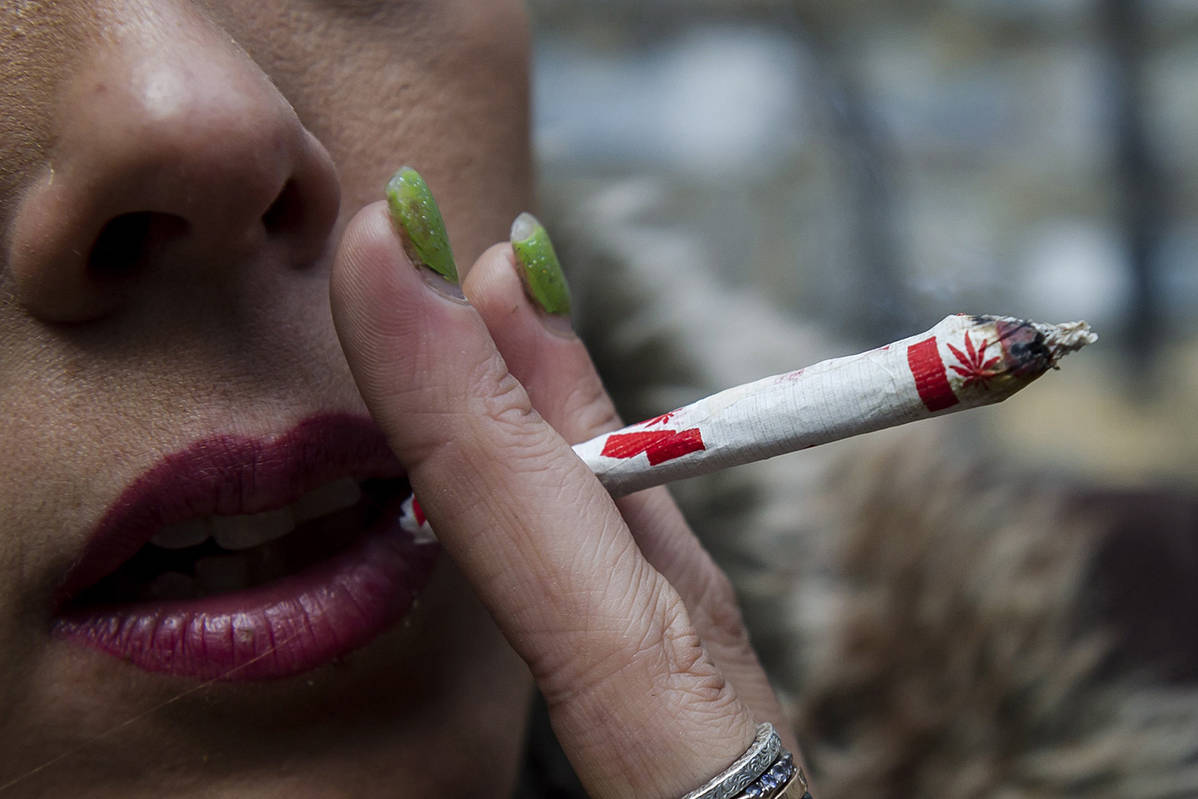A study from the Simon Fraser University suggests that a public health prevention program may help reduce cannabis use and smoking in young, first-time mothers.
The study, published in Canadian Medical Association Journal Open recently, found that girls and young women who participated in an intensive program called a Nurse-Family Partnership showed a statistically significant drop in prenatal cannabis use. The women and girls also showed a drop in the daily number of cigarettes they smoked.
“These findings are good news in that they show we can prevent or reduce substance use during pregnancy,” said SFU Children’s Health Policy Centre director Charlotte Waddell. Study scientific director Nicole Catherine agrees. “It’s exciting to see these positive results during pregnancy, which is a crucial window for promoting children’s health and wellbeing.”
The program, dubbed the BC Healthy Connections Project, involves public health nursing home visits that begin in early pregnancy and continue until children reach two years of age. The program focuses on young, first-time parents facing socioeconomic disadvantages. It’s sponsored by the health ministry and is in collaboration with health authorities around the province.
Researchers followed 739 women, 368 of whom received the program and 371 who were a comparison group. The median time for starting the program was when women were 20 weeks and six days pregnant. The study found that by 34 to 36 weeks along, the program “significantly reduced cigarette counts… also significantly reduced rates of prenatal cannabis use but not rates of street drug or ‘any’ substance use.”

